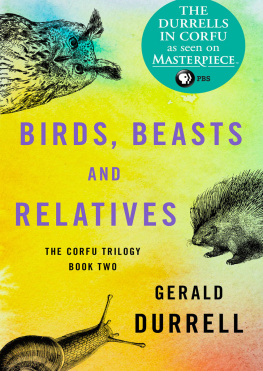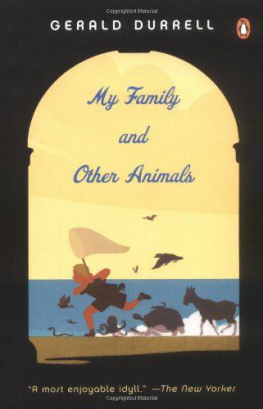This book was composed in Alexandria after the fall of Greece and my own escape into Egypt via Crete. A mixture of piety and overwhelming nostalgia motivated me to set down what I knew about the island which had for several years been my home, and which in those dark winters of 19412 seemed a place I would never see again in this life. One felt this about the whole of Europe at that time, so overwhelming were the victories of the German armies and so feeble the response of the socialist-torn democracies. And even if we succeeded in beating Hitler after a fifteen-year war what then? Europe had had it, and with Europe Greece as well. As for this brilliant little speck of an island in the Ionian, what future could one predict for it? It was then the daily target of the Italian airforce.
I set about trying to memorize its beauties before they faded from my mind and ceased to spur the poems I was then writing. In Alexandria a hospitable Greek business man made me free of an excellent library of reference books and I used his books, not so much as crutches, but as provocations to memory, correcting myself by this precious information so that the book would not only be a poetic evocation but also a sort of guide to the place.
Its reception in mid war was a surprising and enjoyable thing for through it I discovered many other people who adored Corfu as much as I had. And its continuing success down the years has always touched me like a sort of confirmation that my dreams of being a writer when I was young were worth holding on to. Prospero makes me feel the effort and the trouble were worth while.
*
No tongue: all eyes: be silent.
The Tempest
Somewhere between Calabria and Corfu the blue really begins. All the way across Italy you find yourself moving through a landscape severely domesticated each valley laid out after the architects pattern, brilliantly lighted, human. But once you strike out from the flat and desolate Calabrian mainland towards the sea, you are aware of a change in the heart of things: aware of the horizon beginning to stain at the rim of the world: aware of islands coming out of the darkness to meet you.
In the morning you wake to the taste of snow on the air, and climbing the companion-ladder, suddenly enter the penumbra of shadow cast by the Albanian mountains each wearing its cracked crown of snow desolate and repudiating stone.
A peninsula nipped off while red hot and allowed to cool into an antarctica of lava. You are aware not so much of a landscape coming to meet you invisibly over those blue miles of water as of a climate. You enter Greece as one might enter a dark crystal; the form of things becomes irregular, refracted. Mirages suddenly swallow islands, and wherever you look the trembling curtain of the atmosphere deceives.
Other countries may offer you discoveries in manners or lore or landscape; Greece offers you something harder the discovery of yourself.
10.4.37
It is a sophism to imagine that there is any strict dividing line between the waking world and the world of dreams. N. and I, for example, are confused by the sense of several contemporaneous lives being lived inside us; the sensation of being mere points of reference for space and time. We have chosen Corcyra perhaps because it is an ante-room to Aegean Greece with its smoke-grey volcanic turtle-backs lying low against the ceiling of heaven. Corcyra is all Venetian blue and gold and utterly spoilt by the sun. Its richness cloys and enervates. The southern valleys are painted out boldly in heavy brush-strokes of yellow and red while the Judas trees punctuate the roads with their dusty purple explosions. Everywhere you go you can lie down on grass; and even the bare northern reaches of the island are rich in olives and mineral springs.
25.4.37
The architecture of the town is Venetian; the houses above the old port are built up elegantly into slim tiers with narrow alleys and colonnades running between them; red, yellow, pink, umber a jumble of pastel shades which the moonlight transforms into a dazzling white city built for a wedding cake. There are other curiosities; the remains of a Venetian aristocracy living in overgrown baronial mansions, buried deep in the country and surrounded by cypresses. A patron saint of great antiquity who lies, clad in beautifully embroidered slippers, in a great silver casket, apt for the performance of miracles.
29.4.37
It is April and we have taken an old fishermans house in the extreme north of the island Kalamai. Ten sea-miles from the town, and some thirty kilometres by road, it offers all the charms of seclusion. A white house set like a dice on a rock already venerable with the scars of wind and water. The hill runs clear up into the sky behind it, so that the cypresses and olives overhang this room in which I sit and write. We are upon a bare promontory with its beautiful clean surface of metamorphic stone covered in olive and ilex: in the shape of a monspubis. This is become our unregretted home. A world. Corcyra.
5.5.37
The books have arrived by water. Confusion, adjectives, smoke, and the deafening pumping of the wheezy Diesel engine. Then the caique staggered off in the direction of St. Stephano and the Forty Saints, where the crew will gorge themselves on melons and fall asleep in their coarse woollen vests, one on top of the other, like a litter of cats, under the ikon of St. Spiridion of Holy Memory. We are depending upon this daily caique for our provisions.
6.5.37
Climb to Vigla in the time of cherries and look down. You will see that the island lies against the mainland roughly in the form of a sickle. On the landward side you have a great bay, noble and serene, and almost completely landlocked. Northward the tip of the sickle almost touches Albania and here the troubled blue of the Ionian is sucked harshly between ribs of limestone and spits of sand. Kalamai fronts the Albanian foothills, and into it the water races as into a swimming-pool: a milky ferocious green when the north wind curdles it.

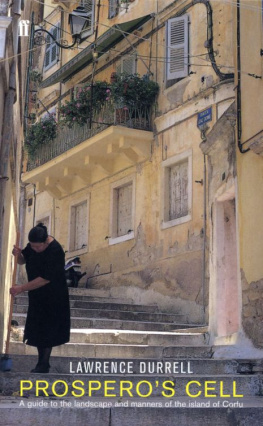
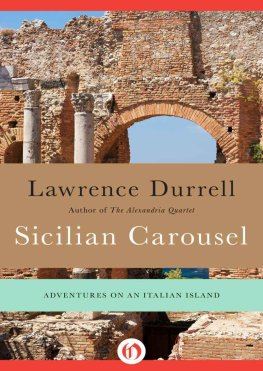

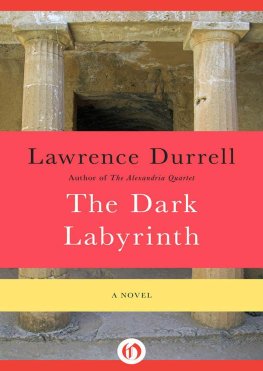
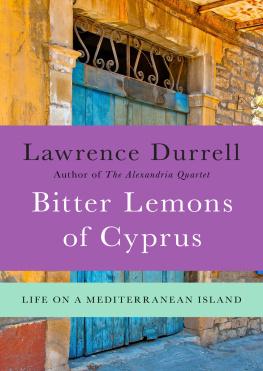

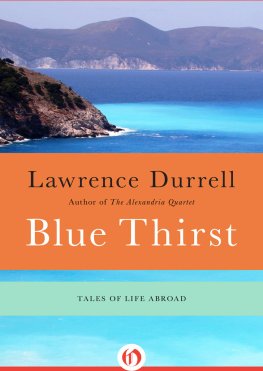
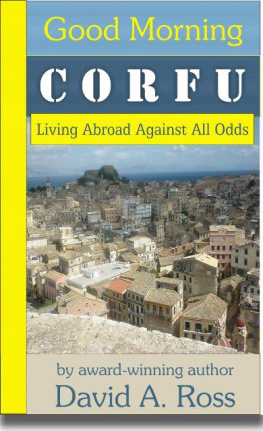
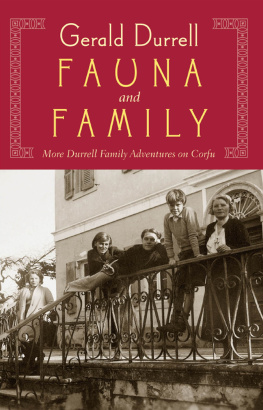
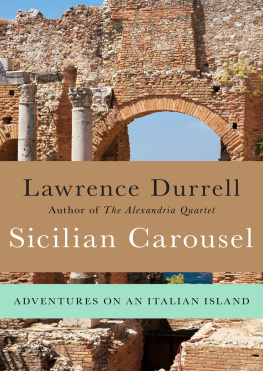
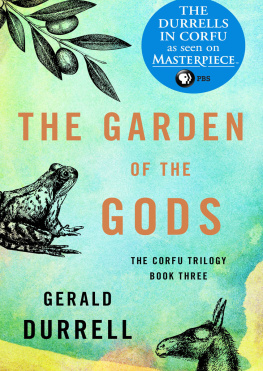
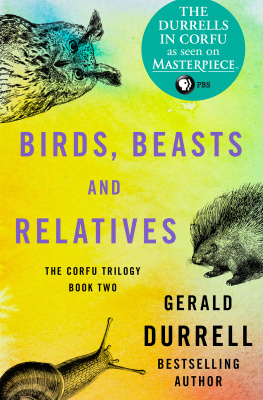
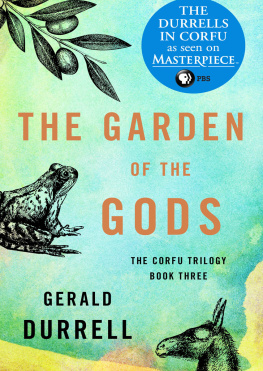
![Lawrence Durrell [Lawrence Durrell] - Caesar’s Vast Ghost](/uploads/posts/book/142113/thumbs/lawrence-durrell-lawrence-durrell-caesar-s.jpg)
